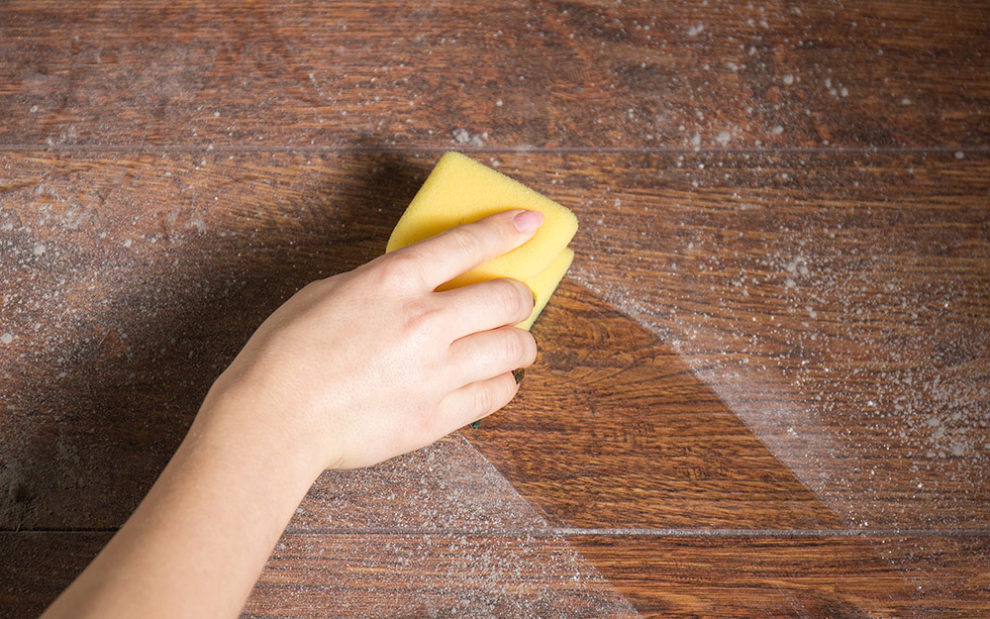Polyurethane and epoxy are two of the most popular finishes used in woodworking and other projects. Both coatings provide excellent protection and durability, making them ideal for high-traffic areas such as floors and tabletops. However, many people wonder if it is possible to put polyurethane over epoxy. In this article, we explore this question and offer some tips to achieve the best results.
Table of Contents
Understanding Polyurethane and Epoxy
Before answering the question of whether you can put polyurethane over epoxy, it’s important to understand what these coatings are and how they work.
Polyurethane is a type of varnish made from synthetic resins. It is known for its durability and resistance to scratches, stains, and other types of damage. Polyurethane is available in water-based and oil-based formulations and can be applied with a brush, roller, or sprayer.
Epoxy is a two-part adhesive made from resin and a hardener. When these two components are combined, they create a chemical reaction that causes the epoxy to harden and cure. Epoxy is known for its strength and durability and is often used as a coating for floors, countertops, and other surfaces that withstand heavy use.
Can you put polyurethane over epoxy?
The short answer is yes, you can put polyurethane over epoxy. However, there are a few things to keep in mind before you do so.
First, you want to make sure the epoxy is fully cured before you apply the polyurethane. Depending on the type of epoxy you are using, this can take anywhere from a few hours to several days. If you apply polyurethane before the epoxy has fully cured, it may not adhere properly and may peel or flake.
Second, you need to properly prepare the surface before applying polyurethane. This means sanding the epoxy to create a rough surface for the polyurethane to adhere to. You should thoroughly clean the surface to remove any dust, dirt, or debris that may interfere with adhesion.
Finally, you need to choose the right type of polyurethane for your project. If you are using an oil-based epoxy, you should choose an oil-based polyurethane. If you are using a water-based epoxy, you should choose a water-based polyurethane. Mixing oil-based and water-based coatings can cause compatibility problems and result in a poorly adhered finish.
Tips for applying polyurethane over epoxy
If you are planning to apply polyurethane over epoxy, here are some tips to help you achieve the best results:
- Wait for the epoxy to fully cure before applying the polyurethane.
- Sand the surface of the epoxy to create a rough surface to which the polyurethane will adhere.
- Clean the surface thoroughly to remove any dust, dirt, or debris.
- Choose the right type of polyurethane for your project.
- Apply polyurethane in thin, even layers and allow each coat to dry completely before applying the next.
- Use a high-quality brush, roller, or sprayer to apply polyurethane.
- Sand between layers to create a smooth surface.
- Apply a final coat of polyurethane with a high-quality brush, roller, or sprayer and let it dry completely.
By following these tips, you can ensure that the polyurethane adheres properly to the epoxy and creates a smooth, durable finish.
It should also be noted that although you can put polyurethane over epoxy, the reverse is not true. Epoxy does not adhere well to polyurethane, so if you want to apply epoxy over polyurethane, you will need to sand the polyurethane to create a rough surface to which the epoxy will adhere.
Conclusion
Finally, you can put polyurethane over epoxy, but you need to make sure the epoxy is fully cured, the surface is properly prepared, and you choose the right type of polyurethane for your project. By following these tips, you can achieve a smooth, durable finish that will protect your woodworking or other projects for years to come.




Add Comment